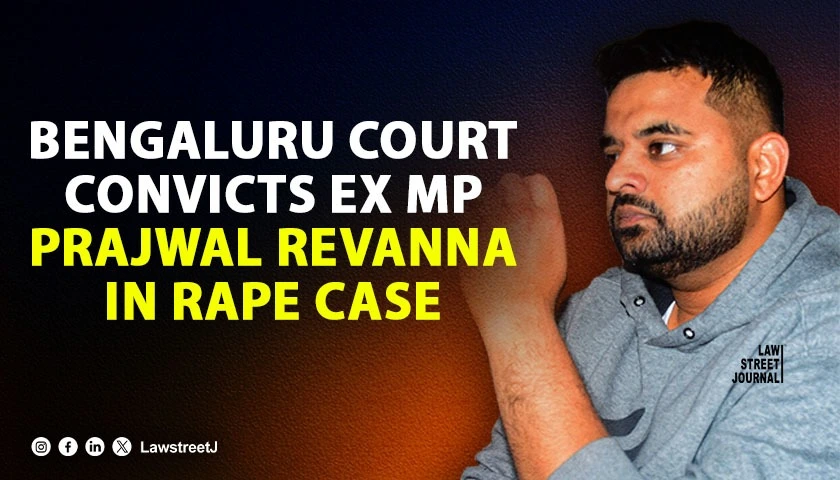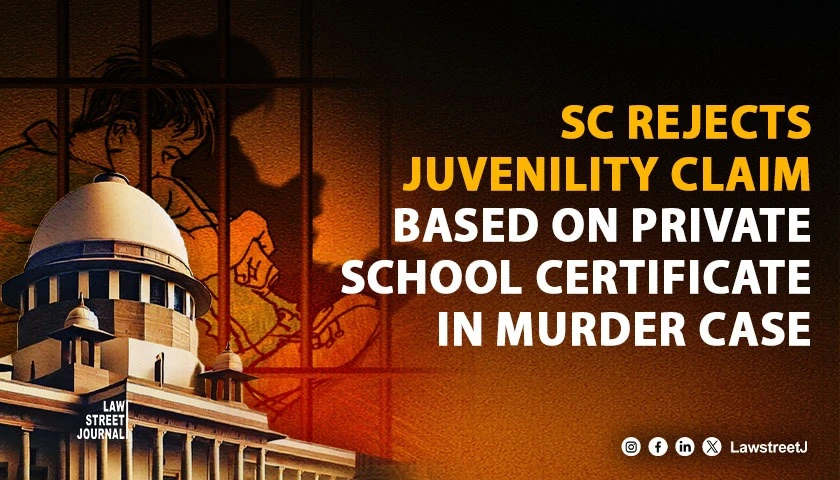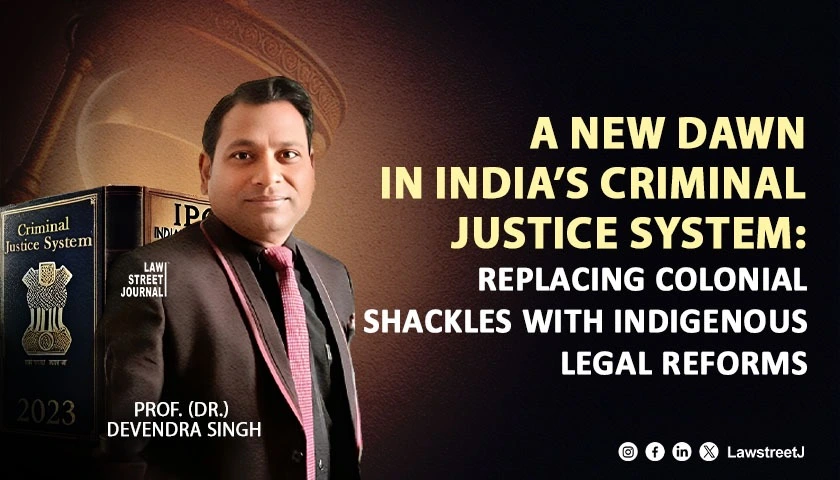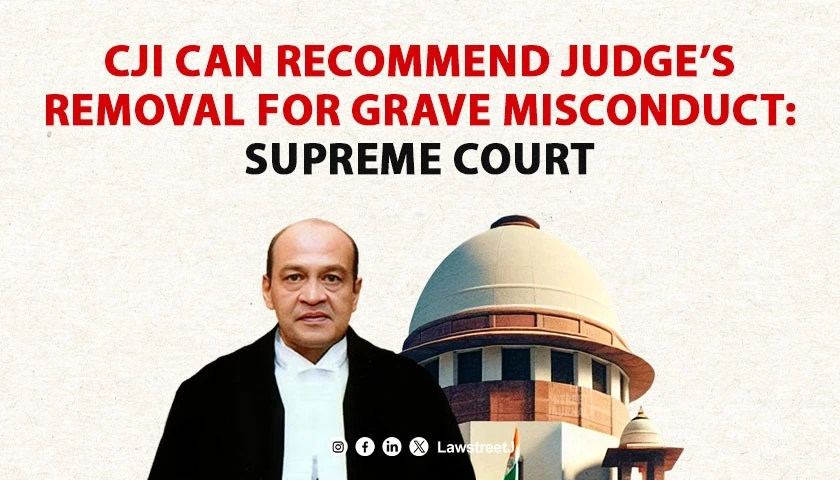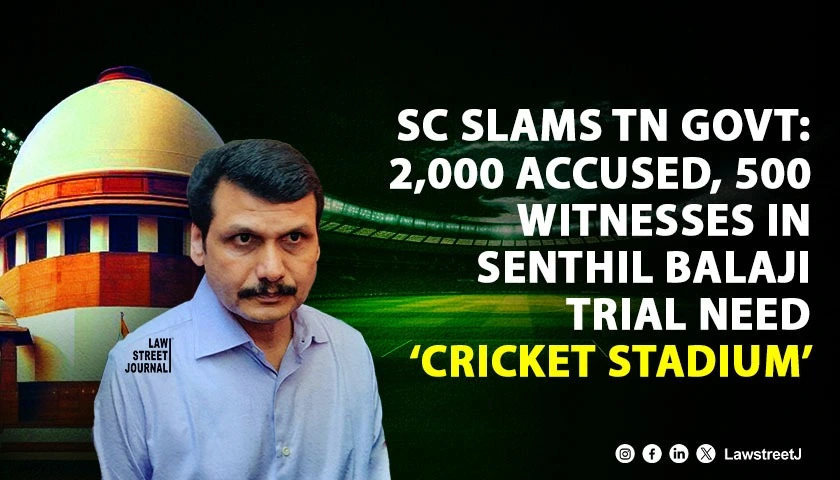A Jodhpur Court on Thursday convicted actor Salman Khan in the 1998 Blackbuck poaching case, while acquitting other actors Saif Ali Khan, Tabu, Sonali Bendre and Neelam.
The Bollywood personalities were accused of killing two blackbucks in Kankani village, near Jodhpur, on the night of October 1-2, 1998, when they were shooting for the Hindi film Hum Saath Saath Hain.
The trial of the case has been in progress for the last 19 years and the Chief Judicial Magistrate (Jodhpur Rural) Dev Kumar Khatri had reserved his judgment on March 28 after completion of final arguments.
Actor Salman Khan has been convicted under section 51 of the Wildlife (Protection) Act, 1972, which carries a punishment of imprisonment for a term which shall not be less than three years but may extend to seven years and the person shall also be liable to pay fine which could be up to ten thousand rupees.
In the past, Salman Khan was convicted in another poaching case in 2006 and was sentenced to five years jail term, which was later suspended by the Rajasthan High Court. The actor was also booked under the Arms Act as the license of the gun he allegedly used while hunting has expired.
Stay tuned with, LawStreet Journal to know about the quantum of the sentence which will be announced by the Court shortly.



